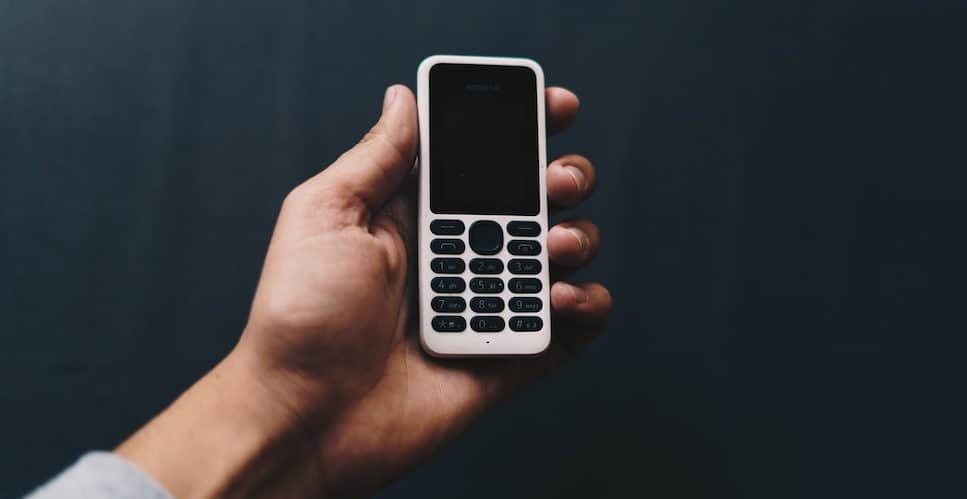Digital poverty, or the lack of access to information and communications technology such as internet, phones, and computers, perpetuates the social exclusion of women of color in the United Kingdom. This includes immigrant trafficking survivors, who struggle to keep in contact with their families and are legally barred from working while they wait for a decision on their residency status.
Al Jazeera recently spoke with Asmin (name changed to protect anonymity), a migrant domestic worker from the Philippines who has been recognized as a survivor of modern slavery by the U.K.’s National Referral Mechanism. She came to the U.K. in 2017 to be a domestic worker for a family from the Middle East, who withheld her salary, forced her to work excessive hours, and threatened her.
“She [the female employer] said [to] just work, and if anything happens to my kids, you will go home without any money,” she said.
Al Jazeera reports:
With just £50 in her pocket, she fled the hotel where the family had been staying. For a while, she relied on the generosity of friends and acquaintances, some of whom she had met at church, for lodging and expenses. Eventually, a friend introduced her to Kalayaan, a London-based charity that advocates for the rights of migrant workers, and offers them practical advice and support.
Asmin’s lack of access to the internet or a functioning digital device has been a constant source of stress and worry for her, in the last three tumultuous years as Kalayaan fought for her to stay on in the UK. “I pay £20 per month for data on my phone,” she tells me.
While waiting for a decision on her residency status, she is legally unable to take up employment, which means that she is surviving on just £70 a fortnight, provided by the government’s Modern Slavery Victim Care Contract for survivors of slavery in England and Wales.
Asmin wants to find a job so she can send money home to her kids, but without a laptop she is forced to create resumes on her phone, which is difficult for her to see because of a genetic eye condition. “If I want to do these applications, I have to go outside. I go to a coffee shop, so I can use the Wi-Fi. If I need to speak to my solicitor, that’s also where I go,” she explained.
As Avril Sharp, a policy and casework officer at Kalayaan, noted it is hard to stay in contact with clients as their limited finances mean they cannot afford phone data. “Since the pandemic,” she says, “we have stayed in contact with our clients by phone, essentially through WhatsApp. Some of them are familiar with Zoom, which I prefer … but some don’t have access to the internet.” Others do not even own a phone.
The combination of digital poverty, unstable immigration status, and no right to work makes it difficult for survivors to survive.
“These workers have no recourse to public funds. If they get dismissed through no fault of their own, even if they have been in the UK for a really long time and have been abiding by immigration laws, they run the risk of being undocumented,” said Sharp.
The U.K. is yet to ratify the ILO’s Domestic Workers Convention, an international standard to better protect domestic workers from exploitation. Sign the petition and call on your country’s government to uphold domestic workers’ rights.







Freedom United is interested in hearing from our community and welcomes relevant, informed comments, advice, and insights that advance the conversation around our campaigns and advocacy. We value inclusivity and respect within our community. To be approved, your comments should be civil.